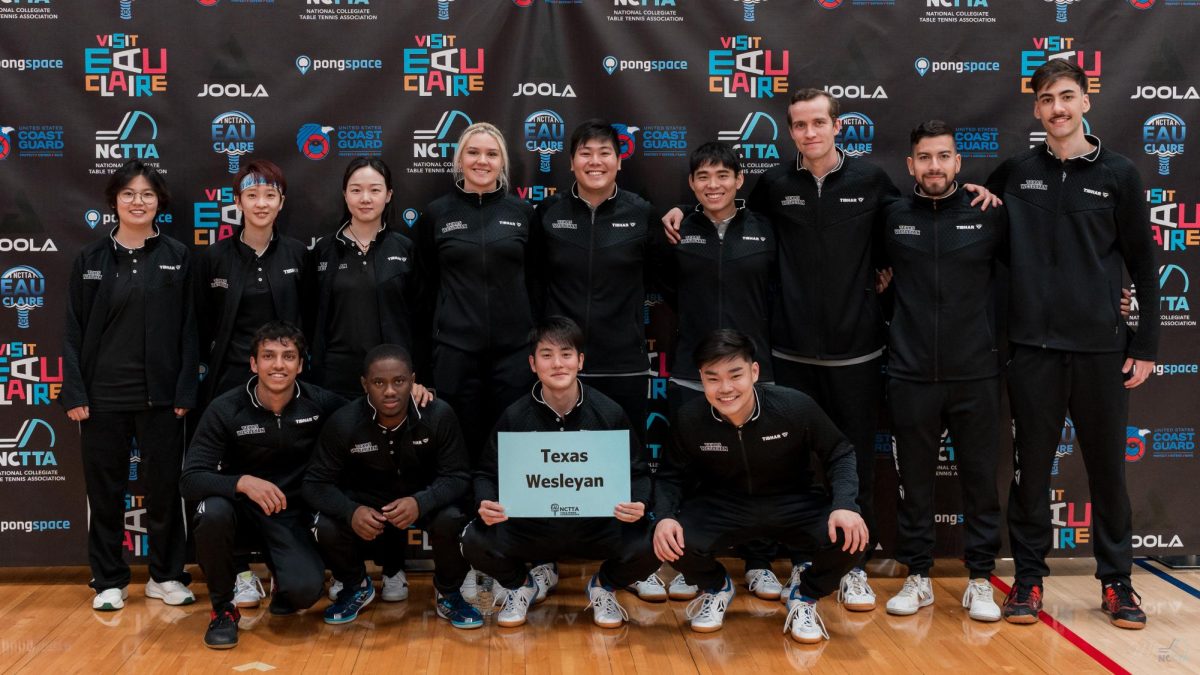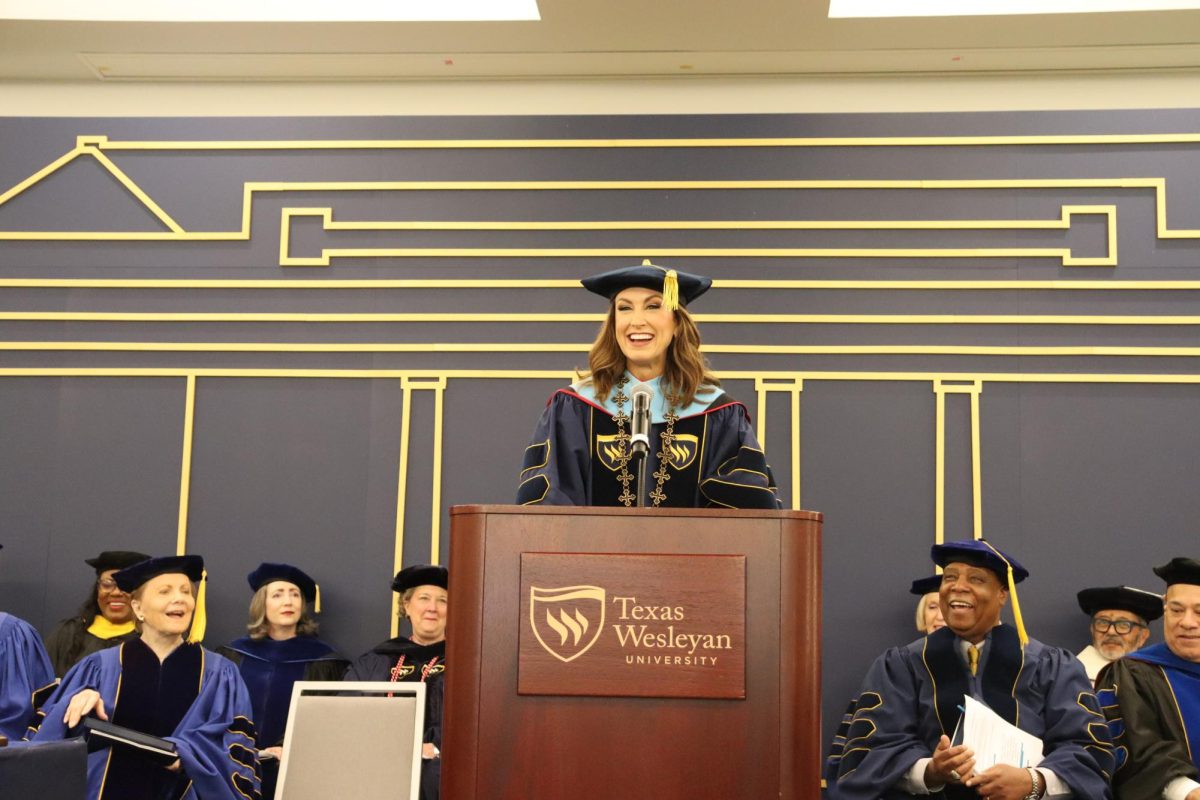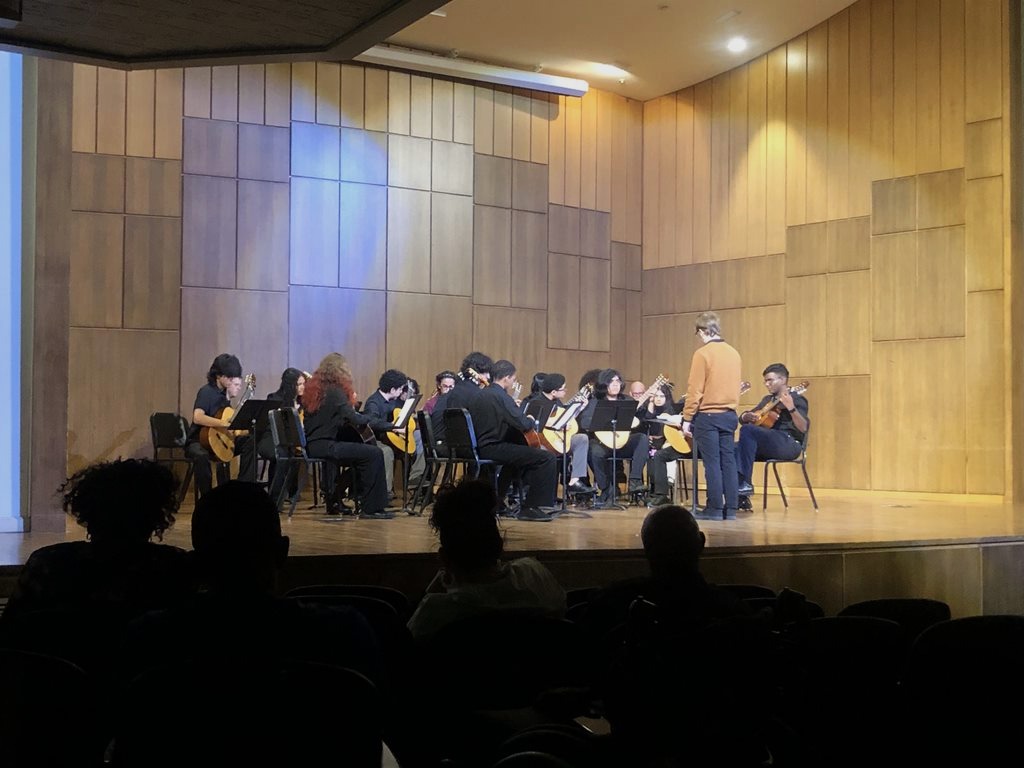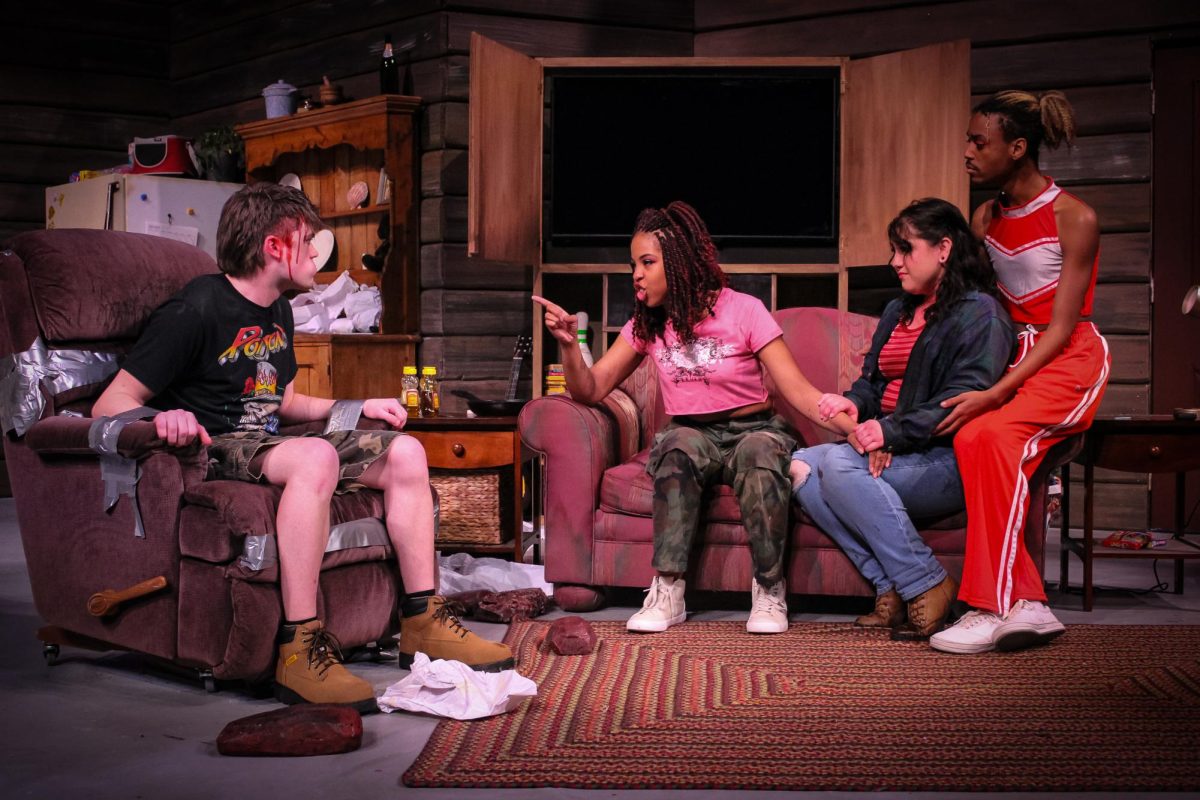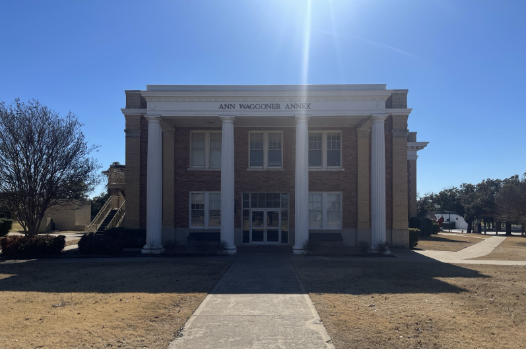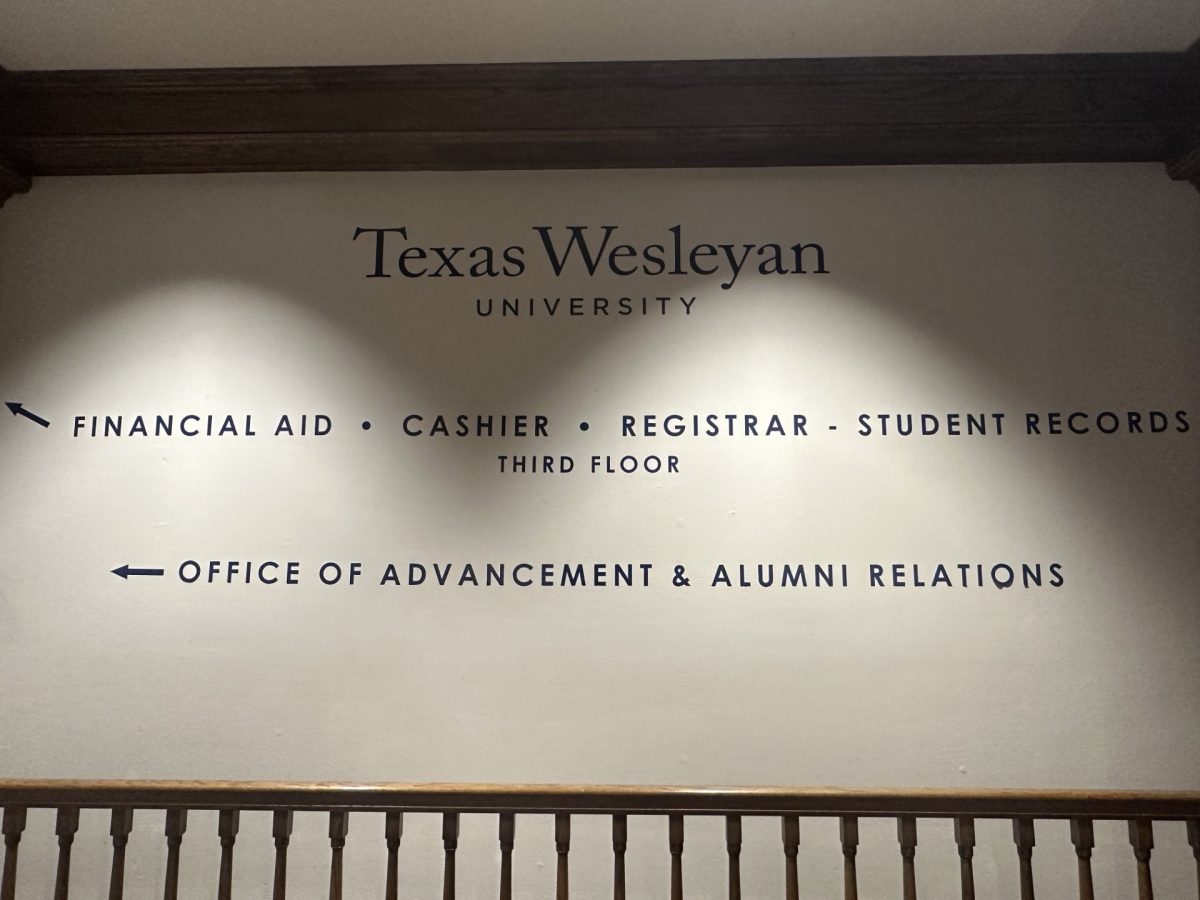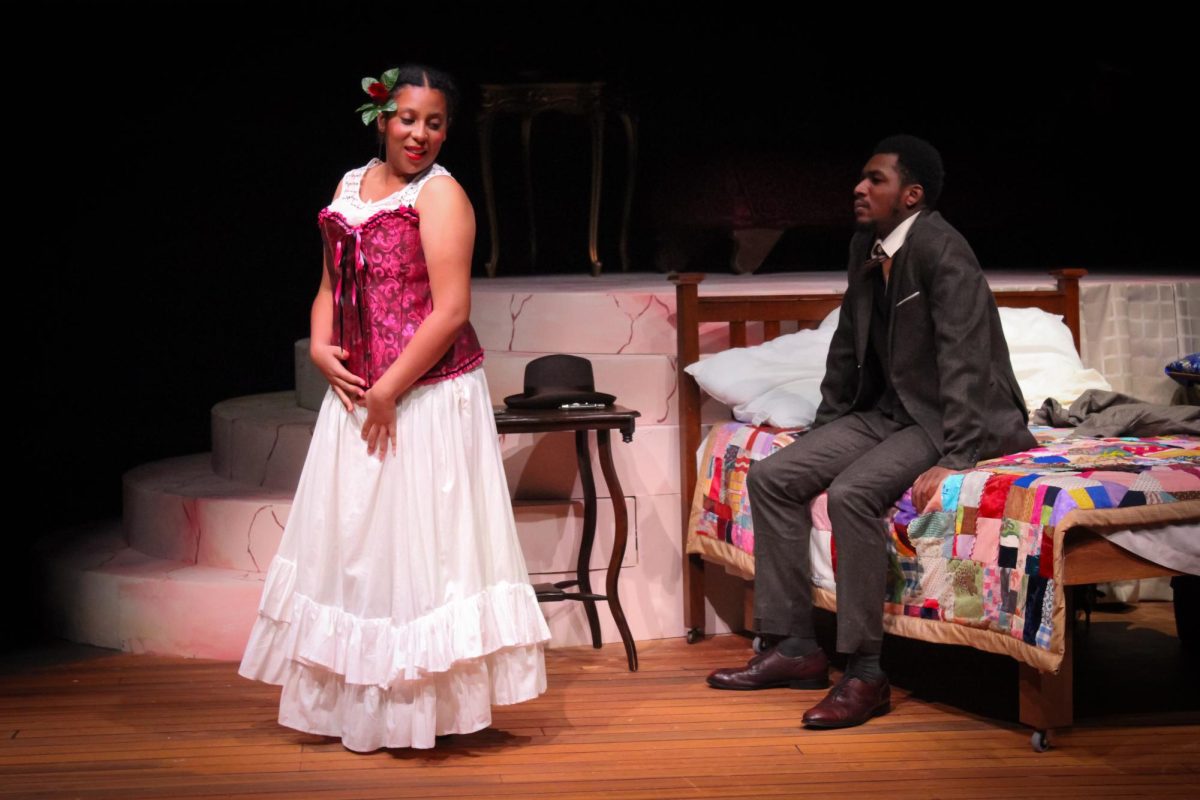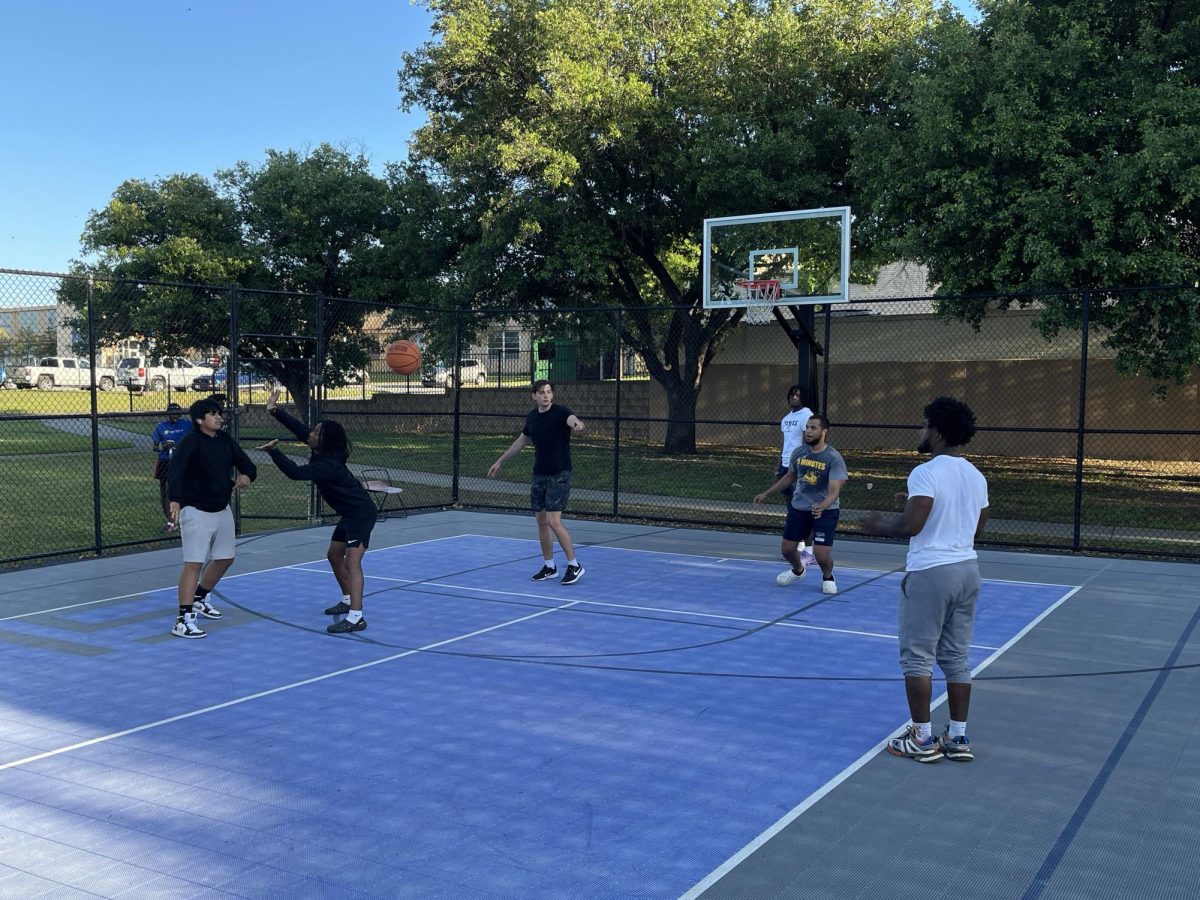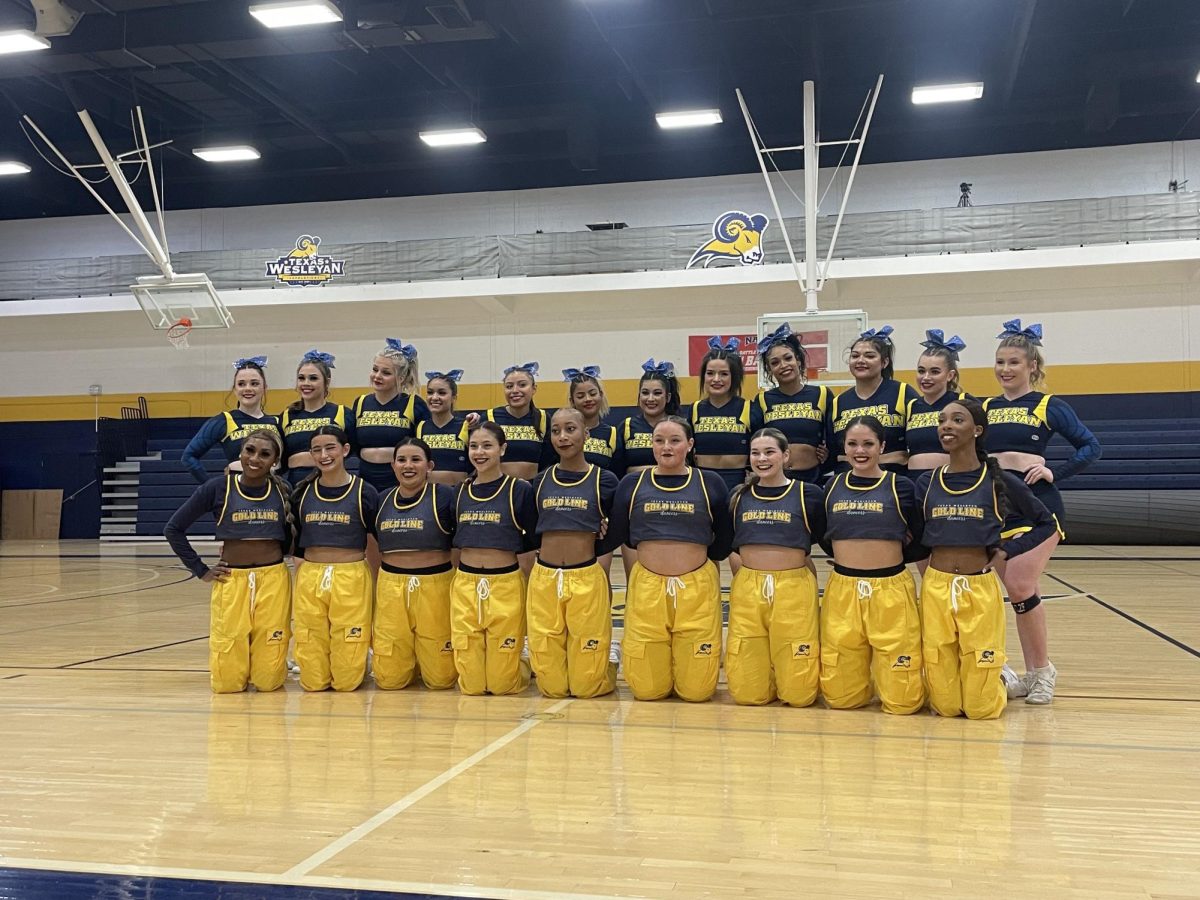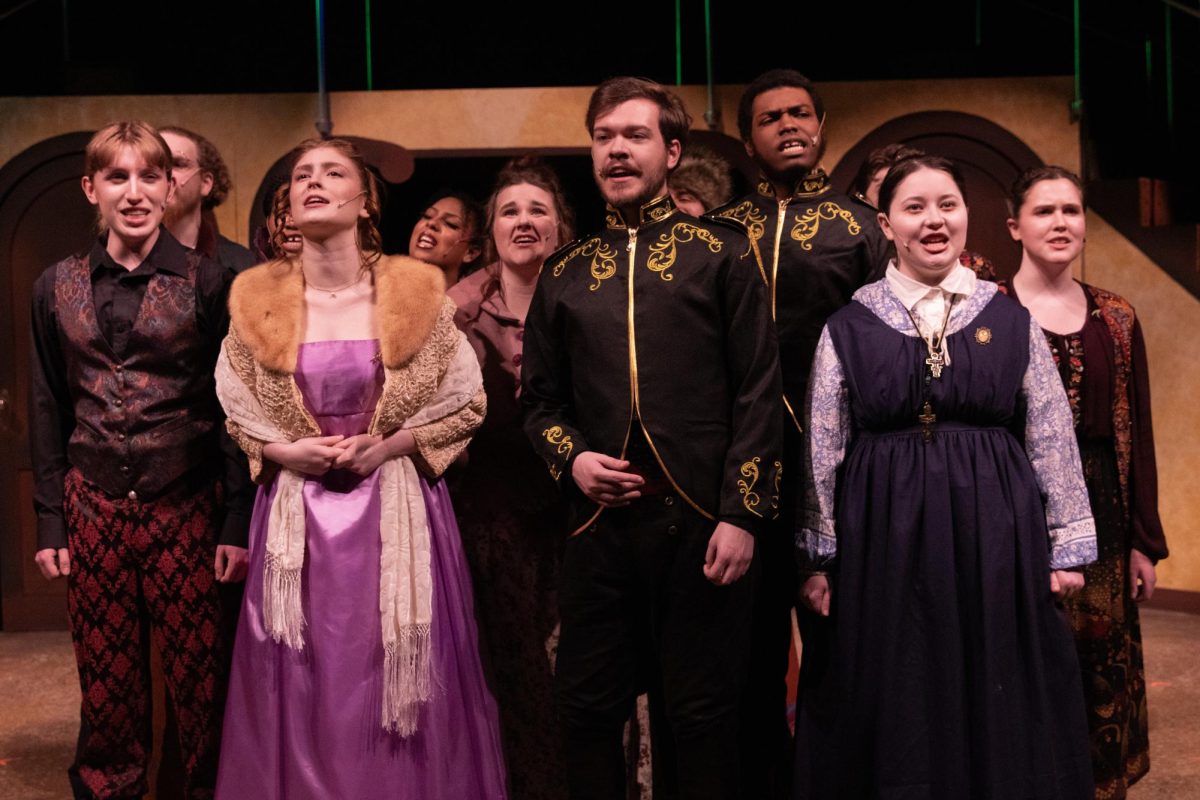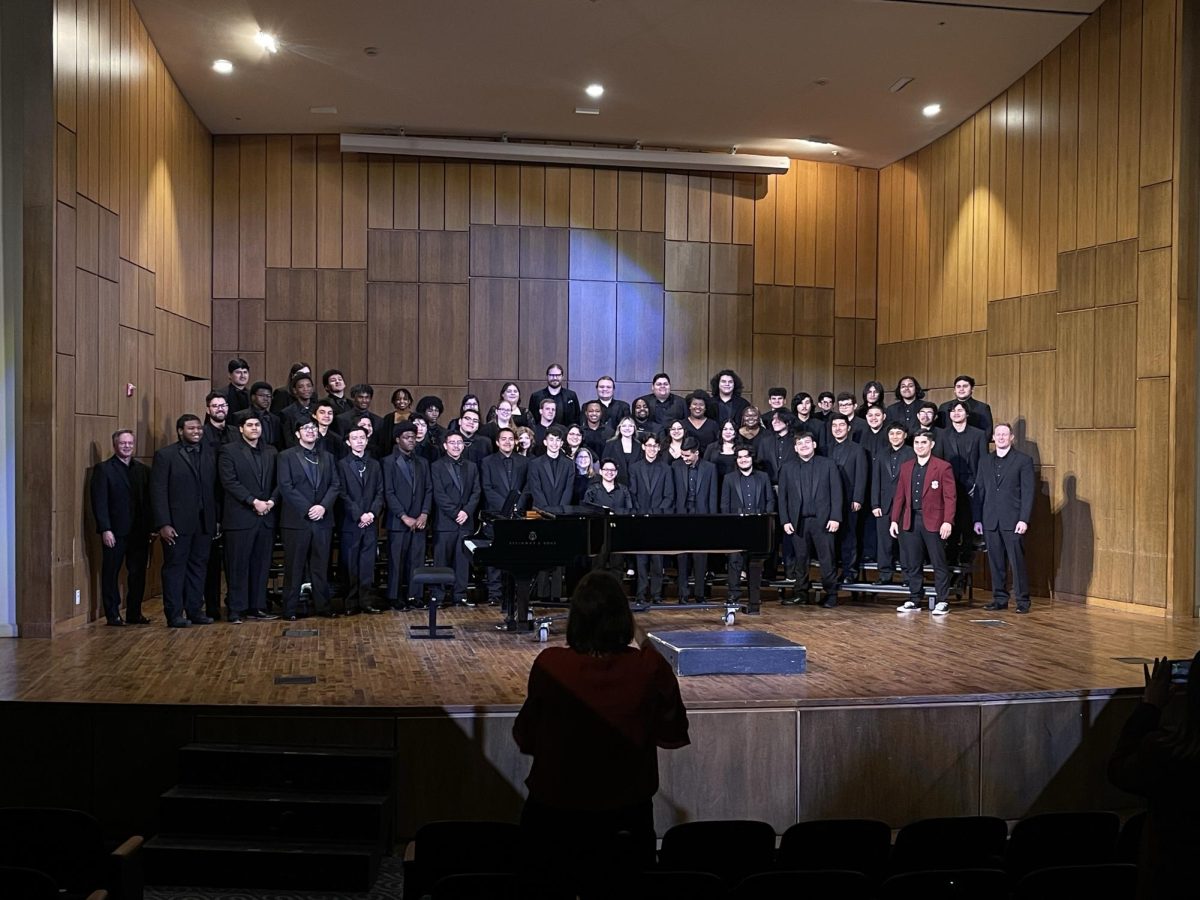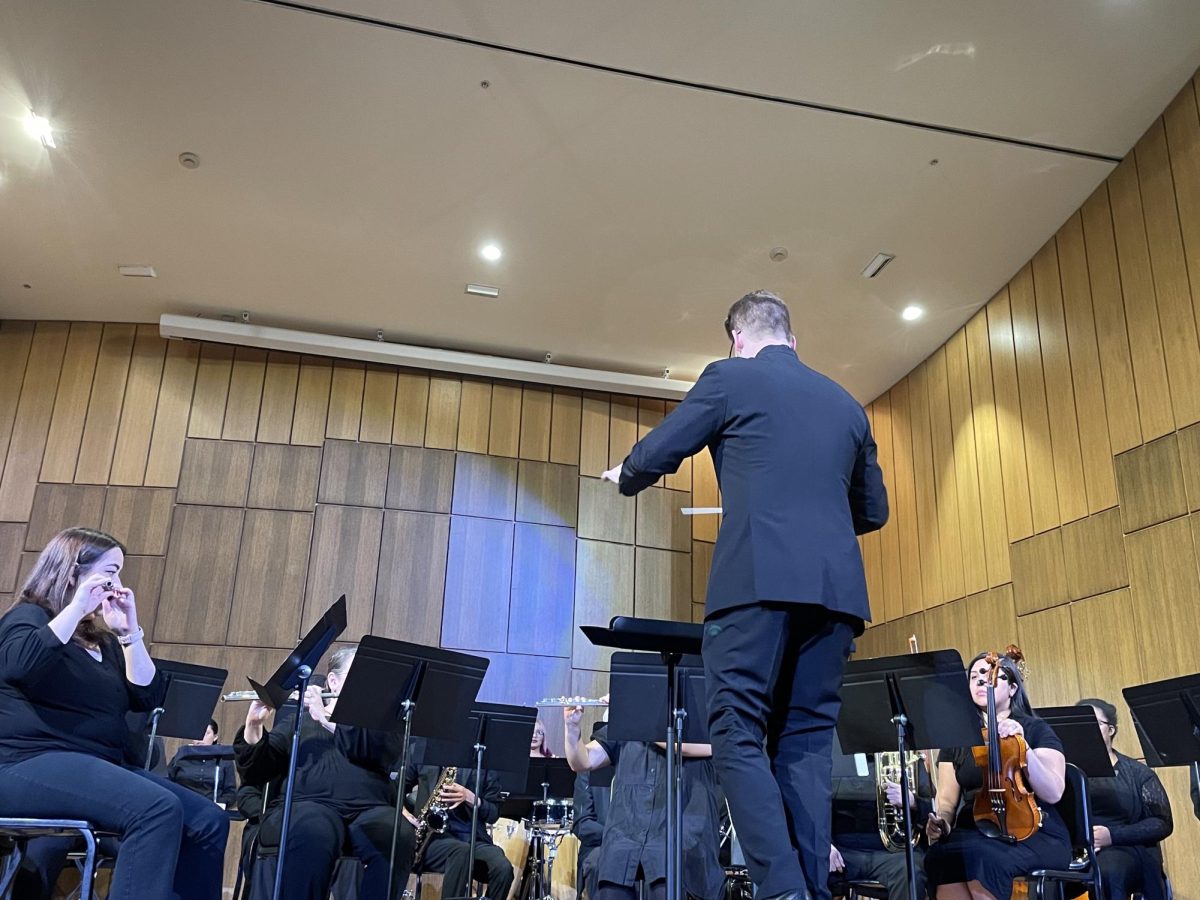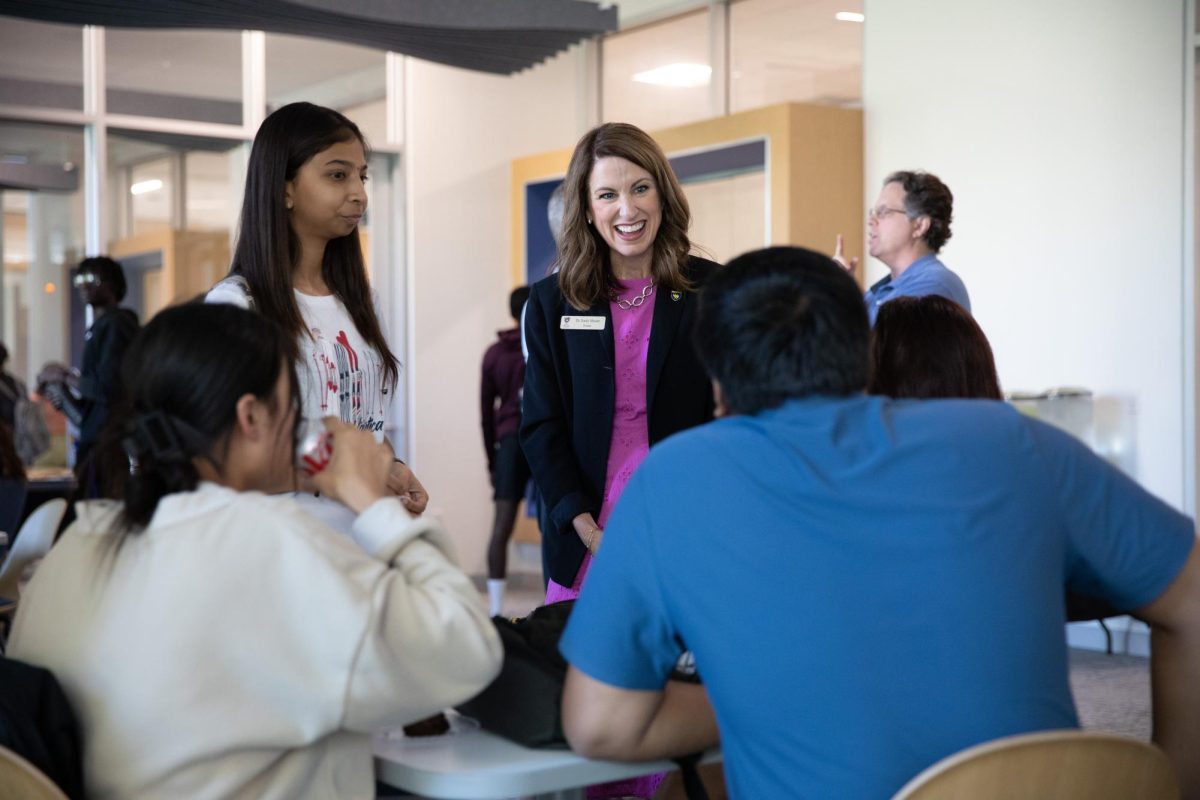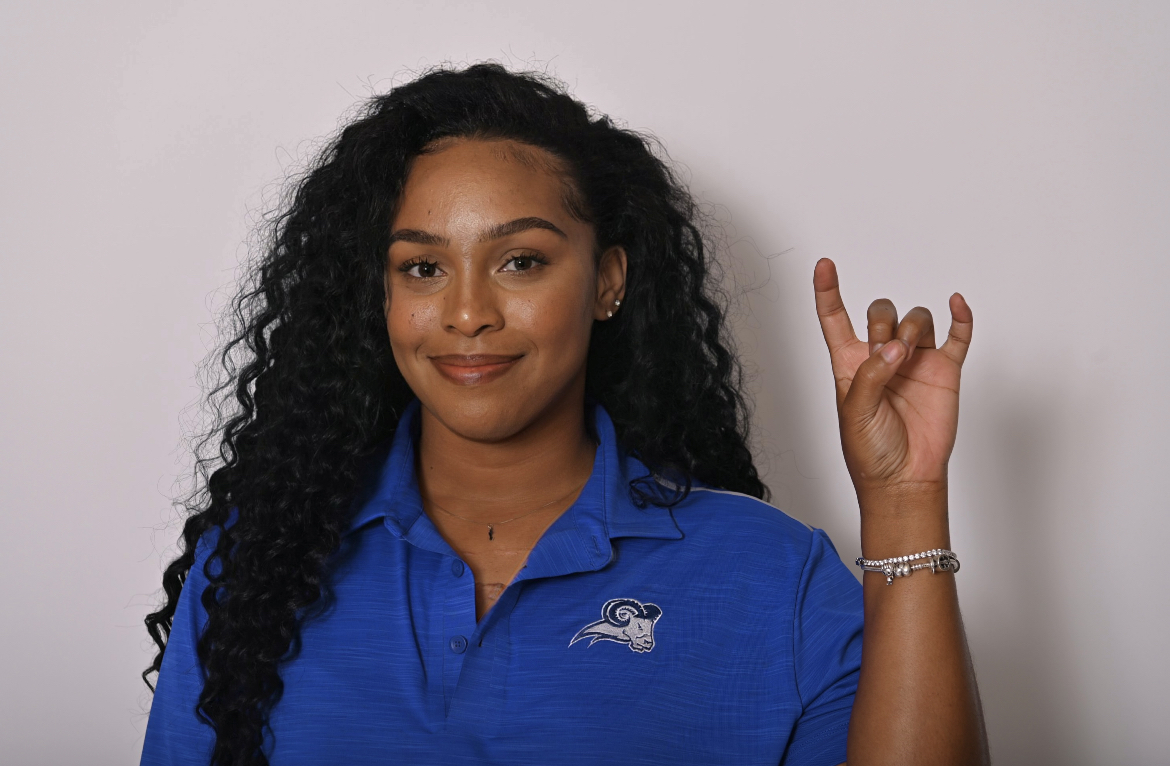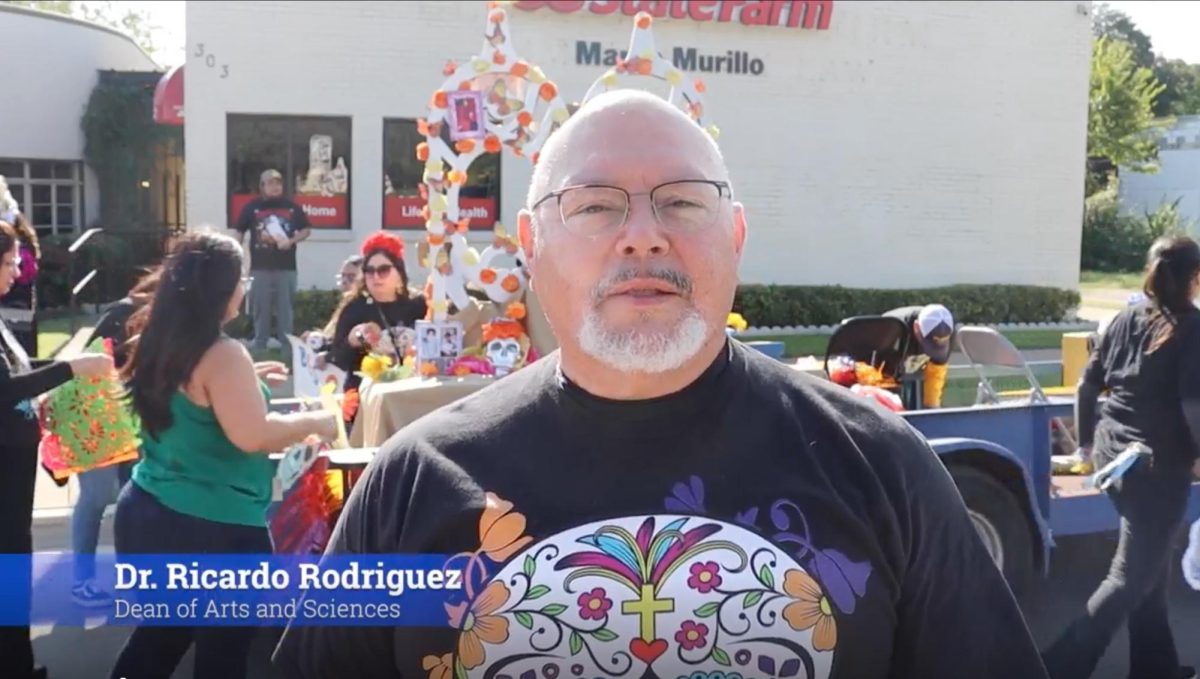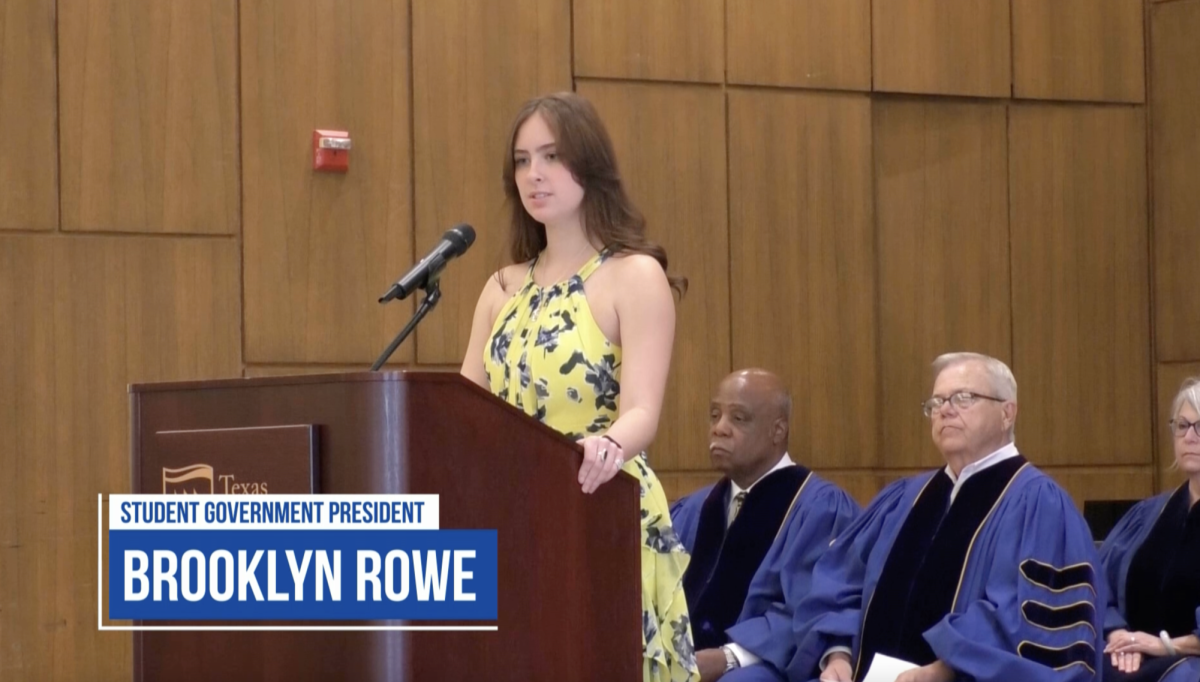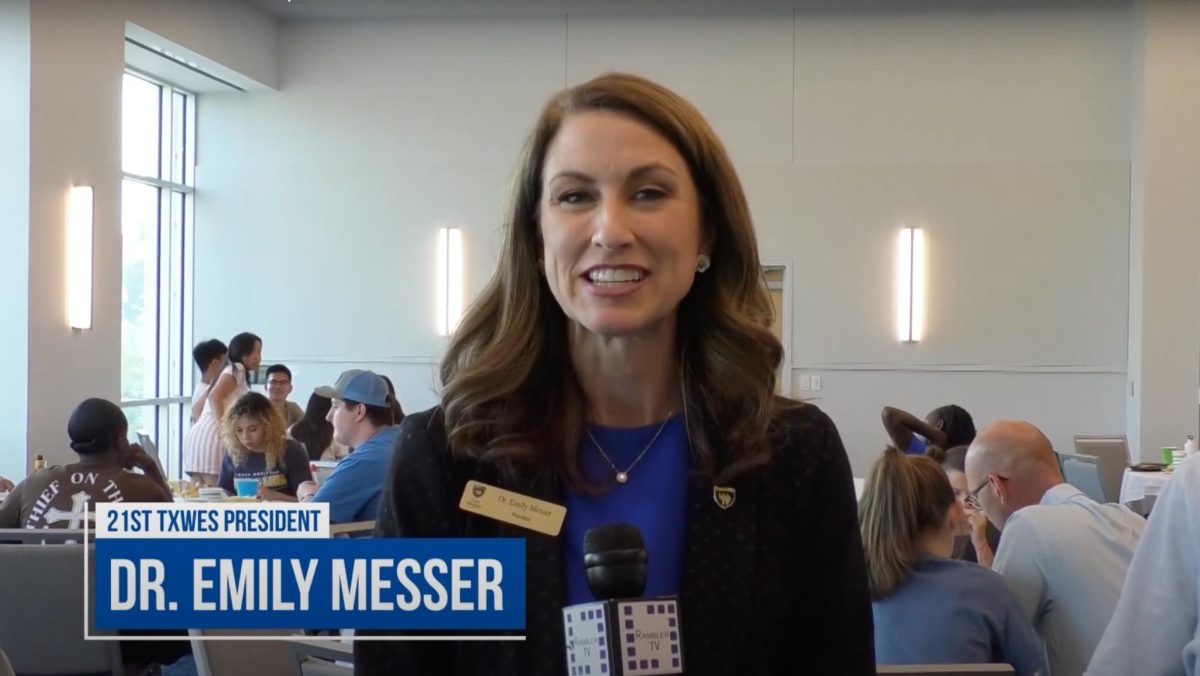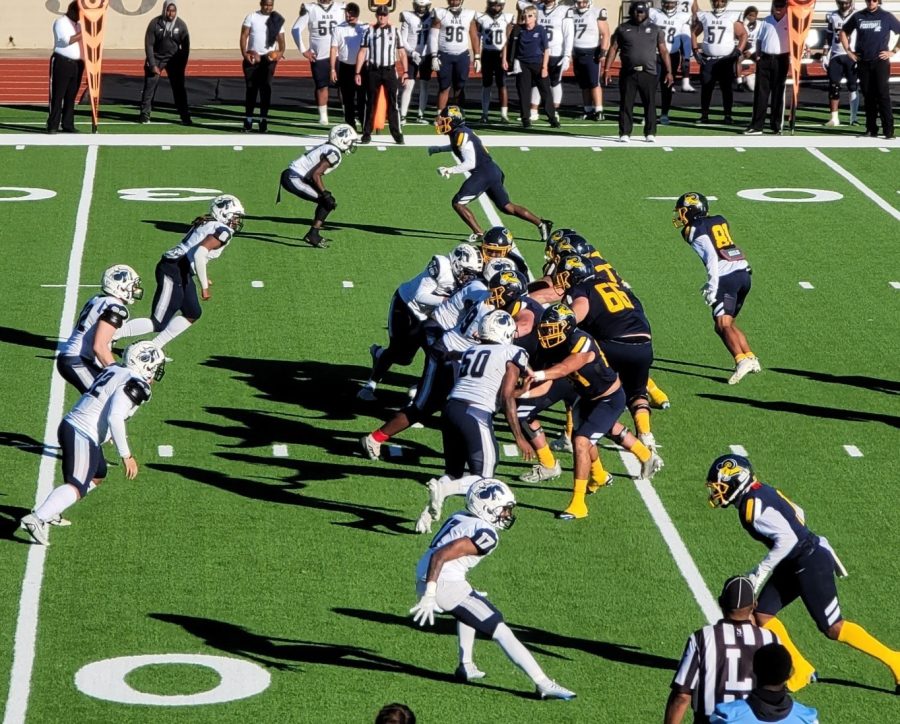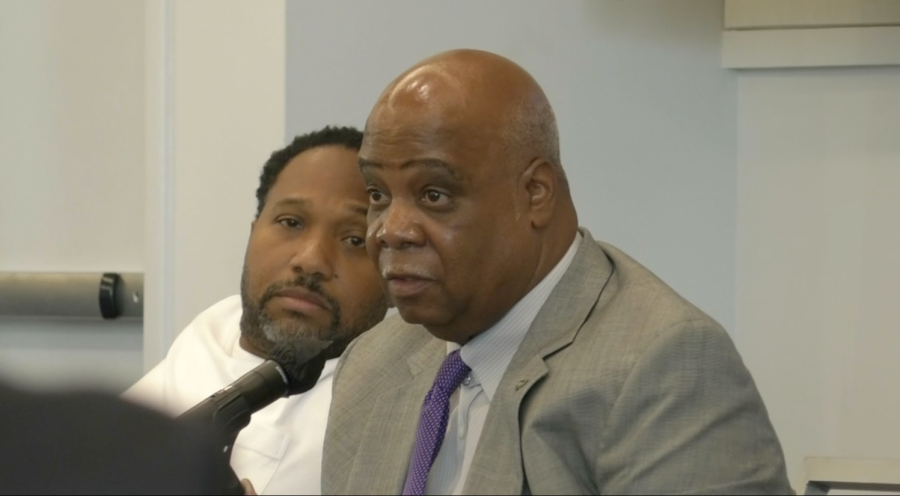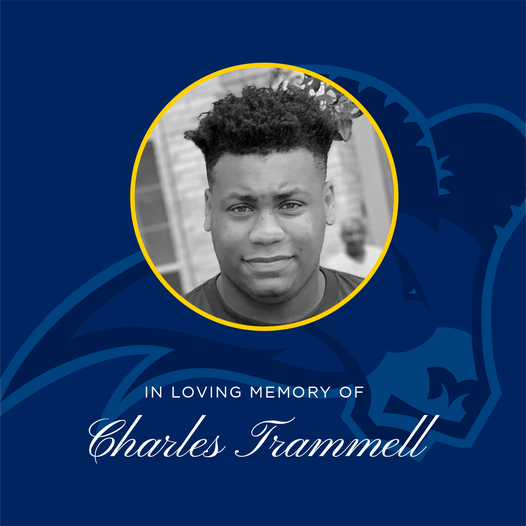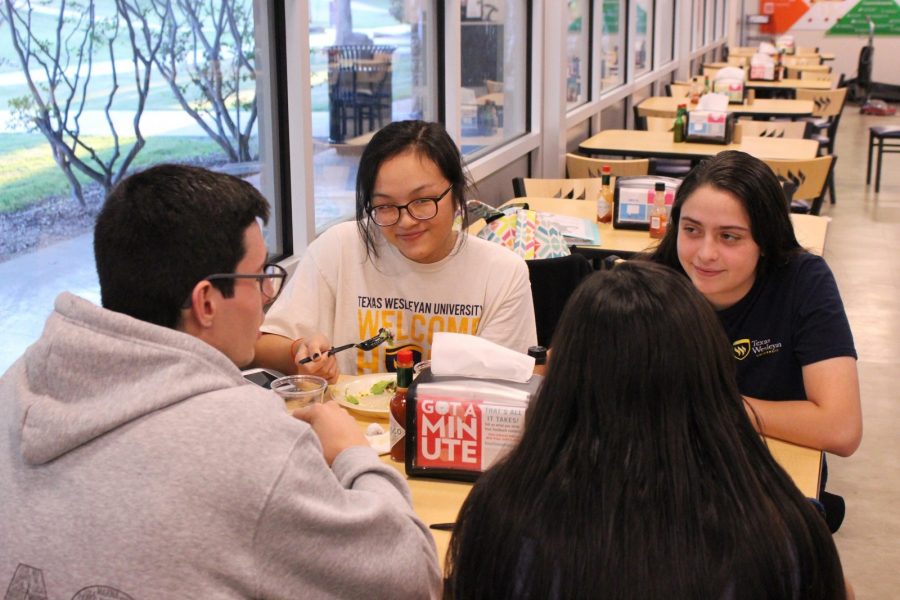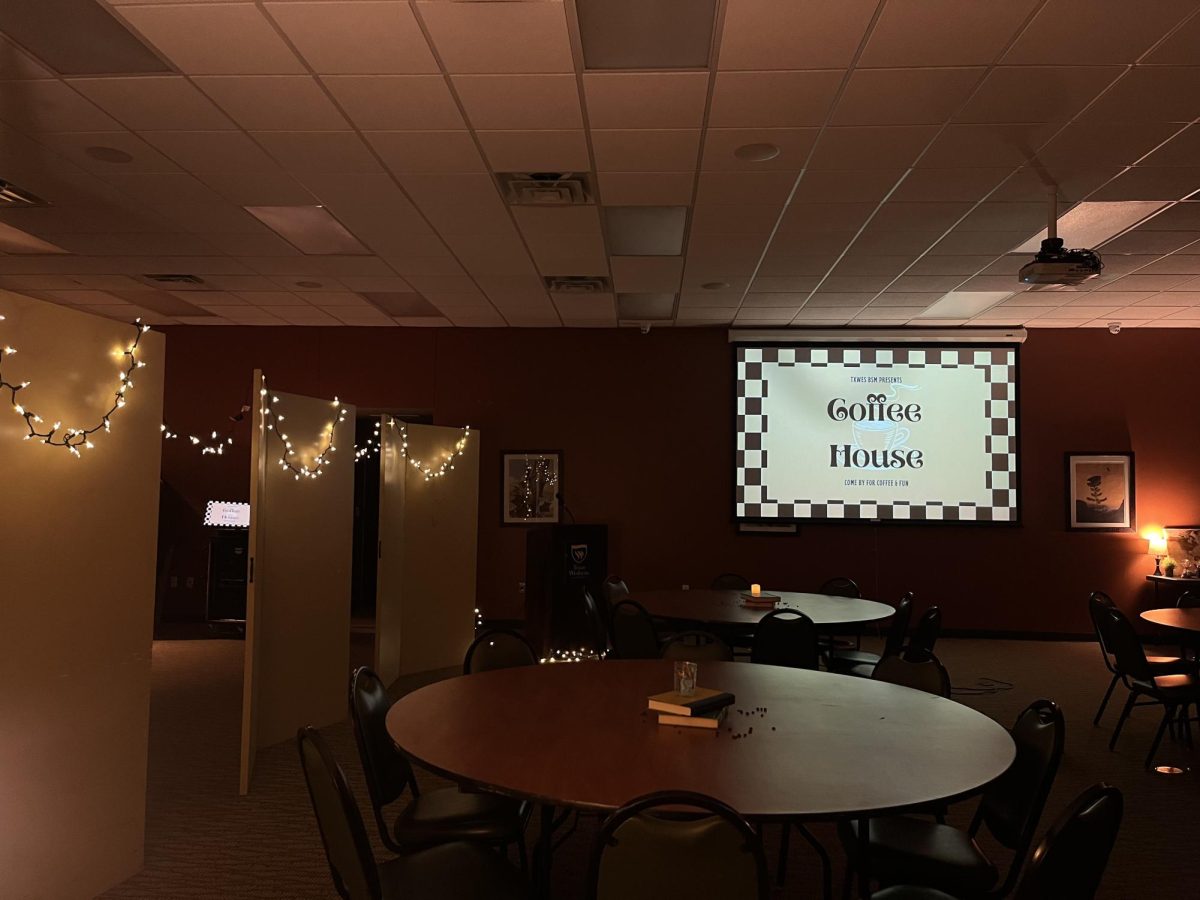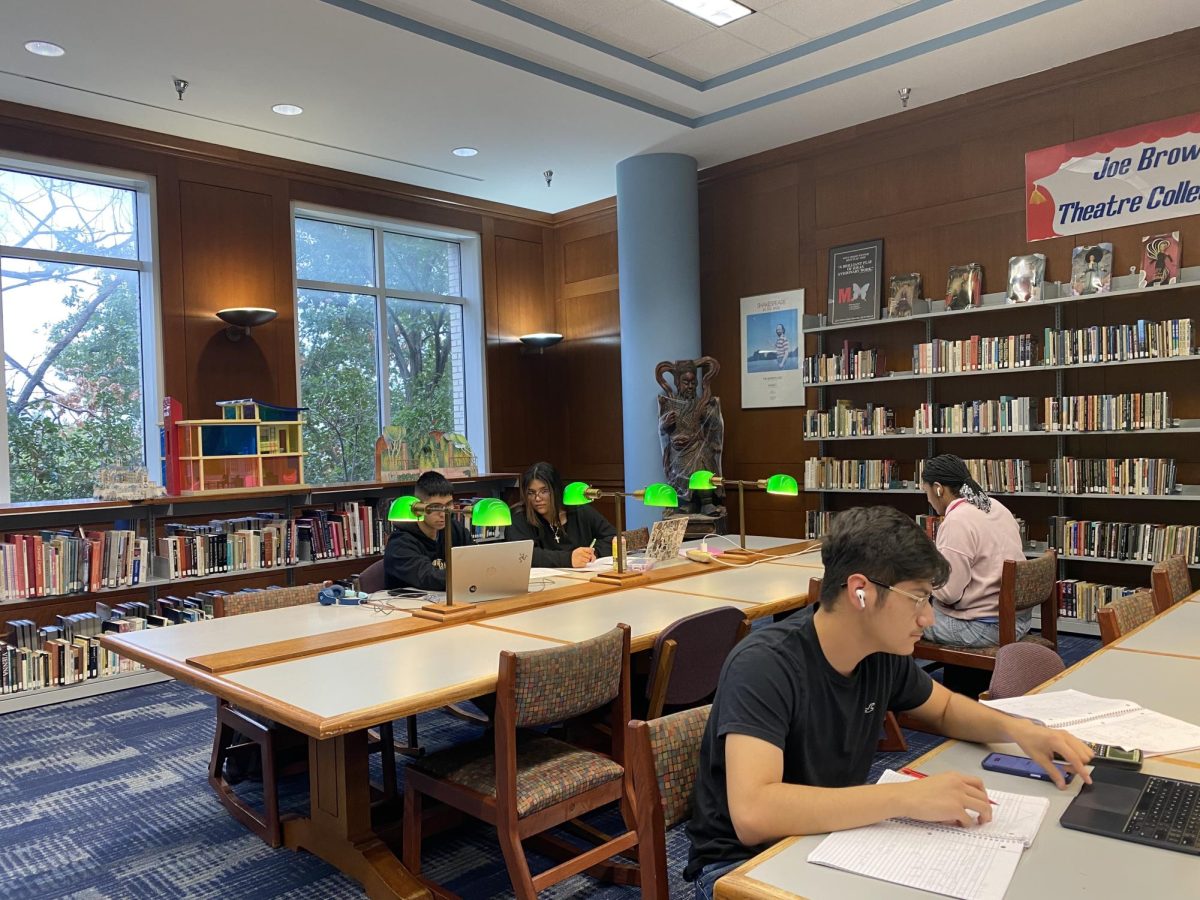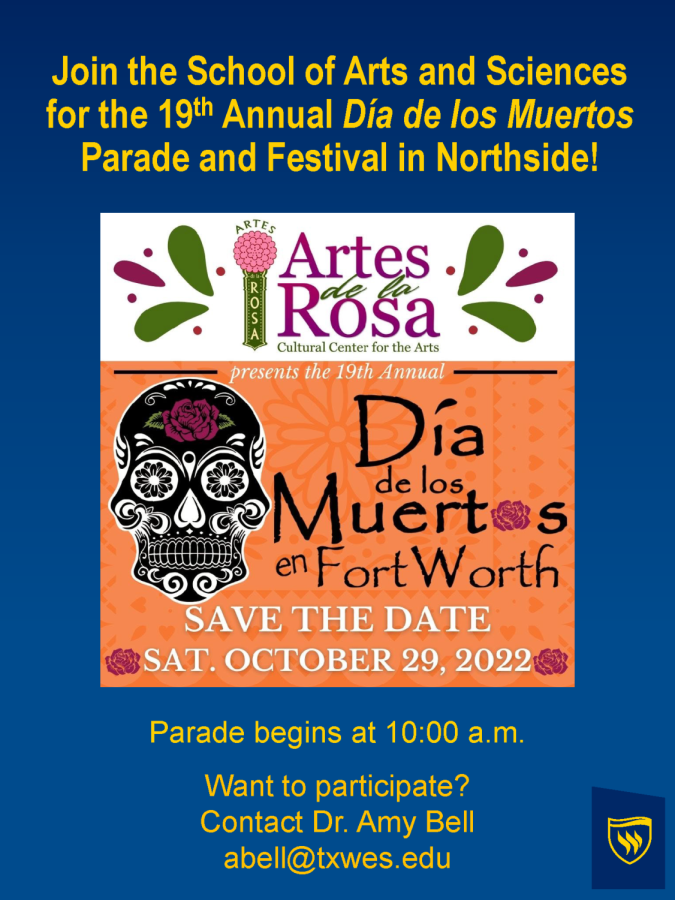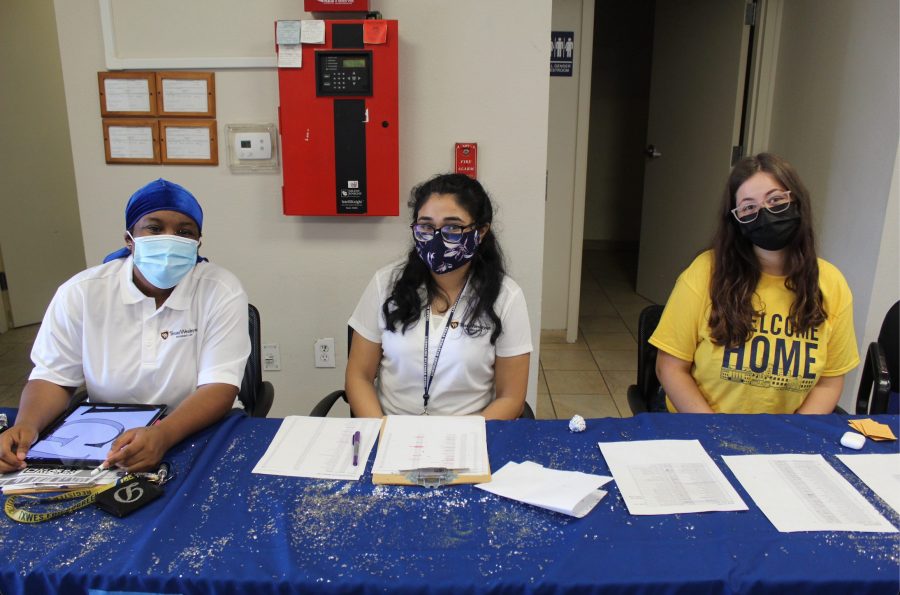While preparing for midterms, junior business major Karl Willis thinks back to how school back home would just be beginning.
“The semesters are a lot shorter,” Willis said. “They’re only twelve weeks, so if I was back home I would have been starting Sept. 26.”
Willis, who is from Northern Ireland, has had to learn to adjust to living in America as well as being at Texas Wesleyan. And there are many adjustments to make: the workload in his classes, the length of time it takes to get an undergraduate degree (three years, as compared to four in many cases in America) and the pride Wesleyan students have – back home, he says, college is just a place to learn.
Willis is not alone in adjusting to college life in America. Twelve percent of all Wesleyan students are international, including 16 percent of all undergrads.
American students at Wesleyan might not know how different the college experience is for their international classmates. But it is – in a variety of ways.
“[In Ireland] there’s a lot less assignments, but our assignments are bigger,” Willis said. “Every assignment you get is probably three or four thousand words, but you probably get a couple of weeks in between. Whereas, here, you constantly have small assignments every week.”
But while Willis finds the workload here a little more tedious than back home, freshman mass communications major Tina Huynh, from Vietnam, finds Wesleyan to be a relief.
“It’s crazy there,” Huynh said. “I feel super relieved here. Although I have homework, I still have free time. In the gifted high schools, we go to school at 7 a.m. We get home at about 9 p.m. and do homework until midnight. Then, we sleep, and it’s the next day.”
In addition to the lighter workload, Huynh is enjoying the cowboy culture of Fort Worth.
“I like the accents,” she said. “Everyone’s ‘ya’ll.’ I like Fort Worth at night. It’s kind of pretty, and all the structures of the houses and buildings are kind of unique.”
She said she likes the Fort Worth Stockyards “a lot.”
“They seem more modern, Western, nice and organized,” she said. “Back there (in Vietnam) it’s really crazy. There, it can be super pretty building right here, and then next to it a really ugly house. It’s messy. I really like it at night in Sundance Square.”
While Wesleyan students are gearing up for summer break in early May, Mongolian international student Aminaa Munkhbayer, a junior psychology major, said that a school year back home can extend into early July depending on a student’s major.
“It varies, I guess,” Munkhbayer said. “I think it depends on your major and your program. Even though they’re all different, they’re going to finish before the Naadam Festival. It’s a big holiday for us, so probably before July 10.”
For Munkhbayer, universities and colleges are two different things. She said college is for people looking to go into fields like engineering, while a university is more American and focuses on subjects like English and the arts. She came to America looking to follow her own path, rather than the one her mother was trying to plan for her.
“My mom wanted me to go to school to work in government because government has the money,” Munkhbayer said. “If I’m going to work in the Mongolian government, I have to study in Mongolia, but I didn’t really want to. I said ‘I’ll make your dream come true and go to America, but I’m going to pick my major, what I like.’”
Munkhbayer and Willis both say that back home a college student’s major is decided at the age of 17. Huynh said that in Vietnam, however, students choose their major as early as middle school.
“Sometimes parents already set a plan for their kids. Probably since they get into middle school, they already have a plan,” Huynh said. “I think most of them have to figure it out in the last year of high school, but a lot of kids who are smarter and do better at school make their own plans before they get into high school because we have different types of high school, too.”
As with high school, Vietnamese colleges are also specialized by majors, Huynh said. This also makes it hard to change majors.
“If I want to change my major I have to give up a year,” Huynh said. “The next year I’d have to take another entrance exam for the school that had the major I wanted. It’s not fun because after a year everything is gone and you have to study again for that test because it’s super demanding.”
Just like Huynh, Munkhbayer and Willis also would have a hard time changing majors in their home country. But, although it may be easier to change majors in America, it’s easier to pay for college in the home countries of all three students.
“It’s a lot cheaper because our taxes are higher so it goes to education,” Willis said. “Once you start earning a certain wage amount you pay back student loans.”
Huynh didn’t know if she would able to fulfill her dream of coming to America because of the higher cost of education.
“At first, my mom had always wanted me to go abroad, but it’s very expensive compared to Vietnam,” Huynh said. “Between the dollar and my currency there’s a huge gap. My mom was like, ‘You have to look into reality and see how much our family has before choosing America.’ Later on, when I found the scholarship at this school, she was really supportive.”
While both Huynh and Munkhbayer came to Wesleyan their freshman year on scholarship, Willis came here on a study abroad program to study business. Now, he really enjoys it and doesn’t want to go home.
“Everybody here is your family,” Willis said. “I know so many people on campus because it’s smaller so you get to know a lot of people. It’s cool. I like it here.”
Hyunh feels the same way.
“I love this this place,” Huynh said. “I miss home, but this place feels place feels like home now.”

